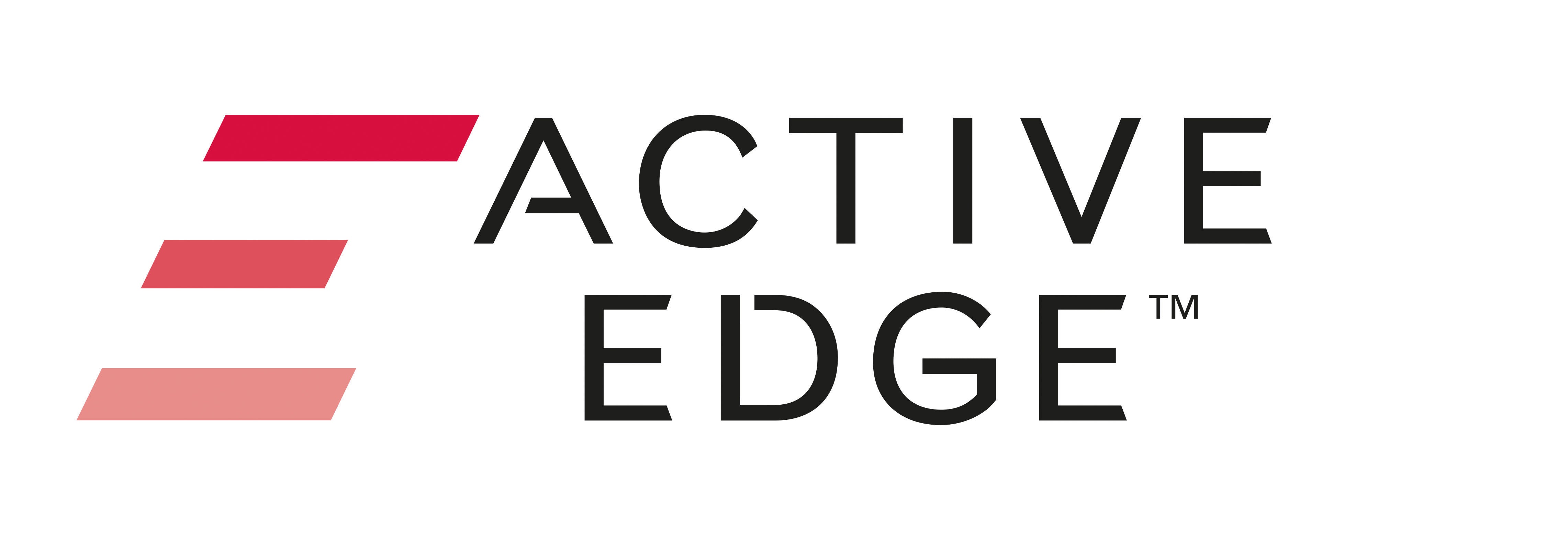
John Carey’s painful episodes of gout led him to dump a successful career as a financing manager and start to build a successful cherry juice business that now uses 400 million cherries per annum and boasts professional football teams and Olympic squads amongst his customers! Who’s the CherryMan?
In his early thirties, John, with a background in Accounting and Financial Management, was forging a successful career as a Leasing and Finance specialist, having working for a number of bluechip finance companies in the City. He was also a keen sportsman - a black belt at judo, marathon runner and mountain biker. One morning, he woke up with excruciating pain in his toe and his life changed. His toe was so painful that he couldn’t even stand the weight of a bedsheet on his foot. A hobble to the doctors, gave the news that he had gout!
Gout is caused by a build up of uric acid in the bloodstream, which can precipitate into needle-like crystals, causing inflammation and intense pain. Uric acid is a normal by-product of the metabolism of a type of protein called purine, which is found in meat and legumes and especially high in seafood, offal and beer. Sufferers are mostly men and predominantly those with a purine-rich diet. Obesity, excessive alcohol consumption and dehydration can also increase the risk of the disease. John was neither overweight nor had a rich diet, but damaged kidneys, due to being a premature baby, meant that uric acid built up and caused gout flare ups.
John’s first gout attack lasted over ten days and was exceedingly painful. With rest, ice and painkillers, the inflammation slowly subsided. However, the gout came back a couple of months later and that set a painful trend of regular attacks every few months. Restricting his diet to low-purine foods didn’t seem to help (and was not a lot of fun).
His doctor prescribed life-long medication, which helped to lower blood uric acid levels, but John suffered dizzy side effects and was not keen to take drugs for the rest of his days. A few years after his first attack, John was on a business trip to the US. He suffered another attack and one of his American colleagues told him of a friend in Michigan who swore by the cherries from a local orchard that helped him get rid of his gout problems.
John took a trip to the orchards and starting taking the juice from recently pressed cherries. The next day his gout pain had totally subsided. Back in the UK, he tried to buy cherry juice, but was disappointed that there were no stockists. He called up the farm he had visited and arranged to import some of the juice as a thick concentrate. A few friends tried the juice too and he soon had a growing band of fans, keen to put in a regular order.
After a few months, John decided to quit his job and give his cherry business a go full time. His company started trading on January 1st 2006 – CherryActive was born! The next few years saw sales rise quickly on his website and through the health stores he had approached. He also developed a freeze-dried cherry powder with practically zero calories for customers who wanted the benefit of his cherries without the fruit sugar. In 2008, he approached London Irish Rugby team, who trained nearby. John had noticed that as well as reduce the incidence and severity of his gout attacks, his cherry juice helped him recover after long runs and judo training. The rugby players found similar benefits, which enabled them to get more out of their training week. As the performance benefits went round the rugby circles, more teams wanted CherryActive to include in their players’ diets.
In 2009, London South Bank University performed a double-blind, placebo-controlled study, with well-trained athletes consuming CherryActive, to investigate whether there was any evidence to back up the rugby players’ claim that the juice was behind a boost in recovery rates. The results were very impressive and word spread fast around the professional sport community.
Further research, from some of the country’s leading academic institutions, performed further studies on CherryActive – demonstrating that it could help improve sleep patterns, reduce uric acid levels, reduce inflammation and help lower high blood pressure. Another test showed that a single glass of diluted juice contained more antioxidants that 23 portions of fruit and vegetable.
The business expanded internationally after 2010 and now boasts distribution in South Africa, Australia, Malaysia and Poland.
The company was rebranded as Active Edge in 2017 with three more super juices added to the company’s line up. The range now includes CherryActive, BlueberryActive, BeetActive and PomegranateActive.
Active Edge products are now enjoyed by thousands of customers around the world, including a host of international and premiership rugby, football and cricket teams, Olympic squads and other high profile athletes and teams.

